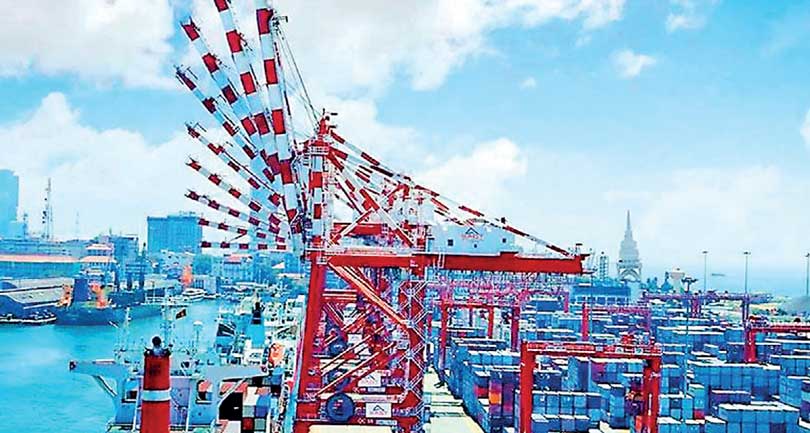Saturday Feb 21, 2026
Saturday Feb 21, 2026
Tuesday, 15 October 2024 00:06 - - {{hitsCtrl.values.hits}}

The digitalisation of customs, IRD port net, maritime single window and national single window, etc. must be carefully developed
 Modernising customs, ports and supply chains needs future proofed technology to meet current and anticipated future international standards that fit a domestic framework, including the much talked of ‘single window’. The national single window of India and Pakistan were developed within the local talent with international expertise at some point coming and contributing at professional consultancy services.
Modernising customs, ports and supply chains needs future proofed technology to meet current and anticipated future international standards that fit a domestic framework, including the much talked of ‘single window’. The national single window of India and Pakistan were developed within the local talent with international expertise at some point coming and contributing at professional consultancy services.
Custom designed for Sri Lankan ports (air and sea) border protection agencies such as Customs and other agencies and general digitalisation is very important rather than having to ‘fit’ software developed by a competing nation. Sri Lanka needs fast digitalisation in its services sector but if local talent and companies are restricted by means of process to enter competitive bidding to develop such products and install locally, it is a major concern. These prohibitive processes restrict local companies’ ability to develop and sell software not only to Sri Lanka but to other countries, ports and to be part of global supply chain solutions providers as they will lack experience. This restricts expansion and growth of Sri Lanka information technology developments and earning foreign exchange becomes a challenge.
Wrong government policy
Government tenders for digitalisation seem to favour international companies over Lankan talent as most border agency tenders request international experience of up to five years when bidding. How can local companies go global without having a fair chance to bid domestically? It is pragmatic to call to request international consultancy to support in the development of domestic products but certainly not fair to call for five years’ experience in another country. It kills creativity and innovation at the outset. Sri Lankan information technology developers must be encouraged to develop software within Sri Lanka just as the way our neighbours have done.
The digitalisation of customs, IRD port net, maritime single window and national single window, etc. must be carefully developed by limiting interested parties’ data mining and controlling information and having a say on domestic systems and the economy via software. If domestic expertise is used, it will allow the Sri Lankan Government to respond faster and more effectively with less cost to face changing economic demands, as well as helping drive the economic growth. There should be a simple mechanism to bring in consultants but hesitancy in allowing developed foreign software access to operations and data management, which should be a concern.
Utilising Sri Lankan talent and the software to improve Sri Lankan digital efficiency and assisting them to develop international packages as we have proven in the London stock exchange is the way forward – and the responsibility of the Government. In modern day competition, data is knowledge and as always known, knowledge is power.
(The writer is an economist by profession and has well over 32 years of experience in the shipping, international trade and logistics industry and is the founder of Shippers Academy International. A former chairman of the Sri Lanka Shippers’ Council and First Secretary General of the Asian Shipper’s Council.)